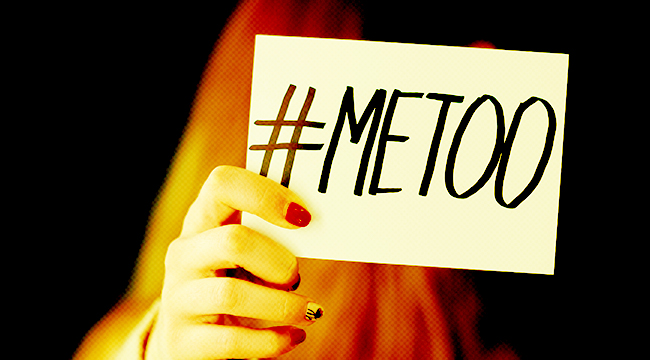
On October 15 of last year, Alyssa Milano took to Twitter and encouraged her followers to raise awareness of sexual abuse and harassment by using the hashtag #MeToo. The phrase had previously been popularized in 2006 by abuse survivor Tarana Burke. This time around, it developed more traction because it coincided with a series of revelations about famous men guilty of abusing their power for sexual gain.
A week before Milano’s tweet, Harvey Weinstein was the subject of a revelatory New York Times article, and in quick succession, a light was shined on Lawrence G. Nassar, Kevin Spacey, Roy Moore, Louis C.K., Matt Lauer, Garrison Keillor, and Russell Simmons. In December, Time magazine named the “Silence Breakers” its 2017 Persons of the Year.
The momentum continued to build. For men who were watching from the sidelines, there were mixed emotions. Certainly, no one was defending Weinstein, but for some, the situations surrounding Aziz Ansari and James Franco fell into a confusing gray area. And it was hard to have a conversation about having mixed feelings without being shouted down for failing women or being a supporter of assault and harassment. The movement needed time to breathe without a bunch of dudes poking holes in it.
Still, when people are reprimanded for asking questions, all it teaches them is to stop asking. It doesn’t get them on your side or help them on the road to an epiphany. Considering this, we wanted to offer a place to start these discussions. In February, we asked readers to submit questions they had in light of the #MeToo movement and the harassment revelations, and we submitted them to a group of smart women with a comprehensive understanding of gender, consent, and the critical issues at the center of the movement.
Please read through their answers and jump into the comments with your thoughtful, balanced reactions. We think this is a discussion that is important and ongoing.
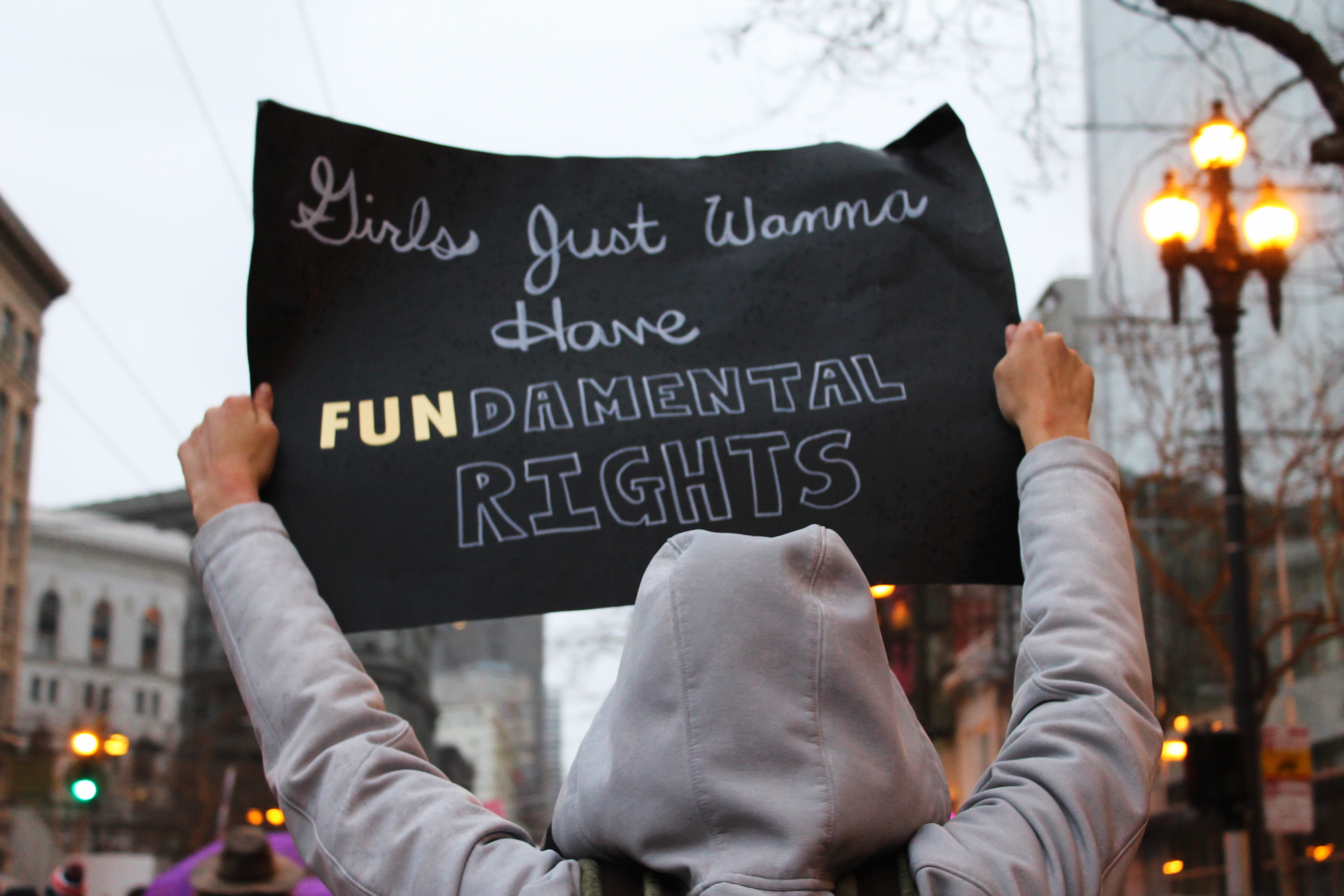
When I ask my guy friends, I haven’t found anyone who understands that they have a “gender.” They all think that the only thing that makes them a man is their junk, but I’m trying to understand the idea of gender outside of genitalia.
Any chance you can help me with that — in straightforward terms?
Dr. Casey Brienza, sociologist and author: Sex is determined by biology, whereas gender is determined by society and culture. Does a man have to show you his “junk” to assert his gender identity? Probably not. Other cues, such as dress, hairstyle, body language, speech patterns, etc. are usually sufficient, and the very fact that these may differ in different parts the world tells us that they are not inherent. Or, for that matter, immutable.
Dr. Chauntelle Tibbals, sociologist and author: In sociology and social-psychology circles, this is often discussed as a (problematic, obvs) dimension of the “default person.” The default person is male, heterosexual, able-bodied, white, etc. As a society, we spent a lot of time using that default person/experience as the neutral guide for structuring society.
So, to your question, we are talking “males don’t have a gender because they are conceptualized as the social default/generic”-type of thing. A gender is something that’s added in as an extra to move a human away from the “default” experience – and within this system and process, the penis has become a sort of symbolic embodiment of that default entity.
It’s interesting to me too how this taps into interlocking systems of privileges and oppression. Like, a man may have none of those other “default” characteristics, but if he’s got that dick he’s somehow still plugged into the hierarchy in a socially advantageous way.
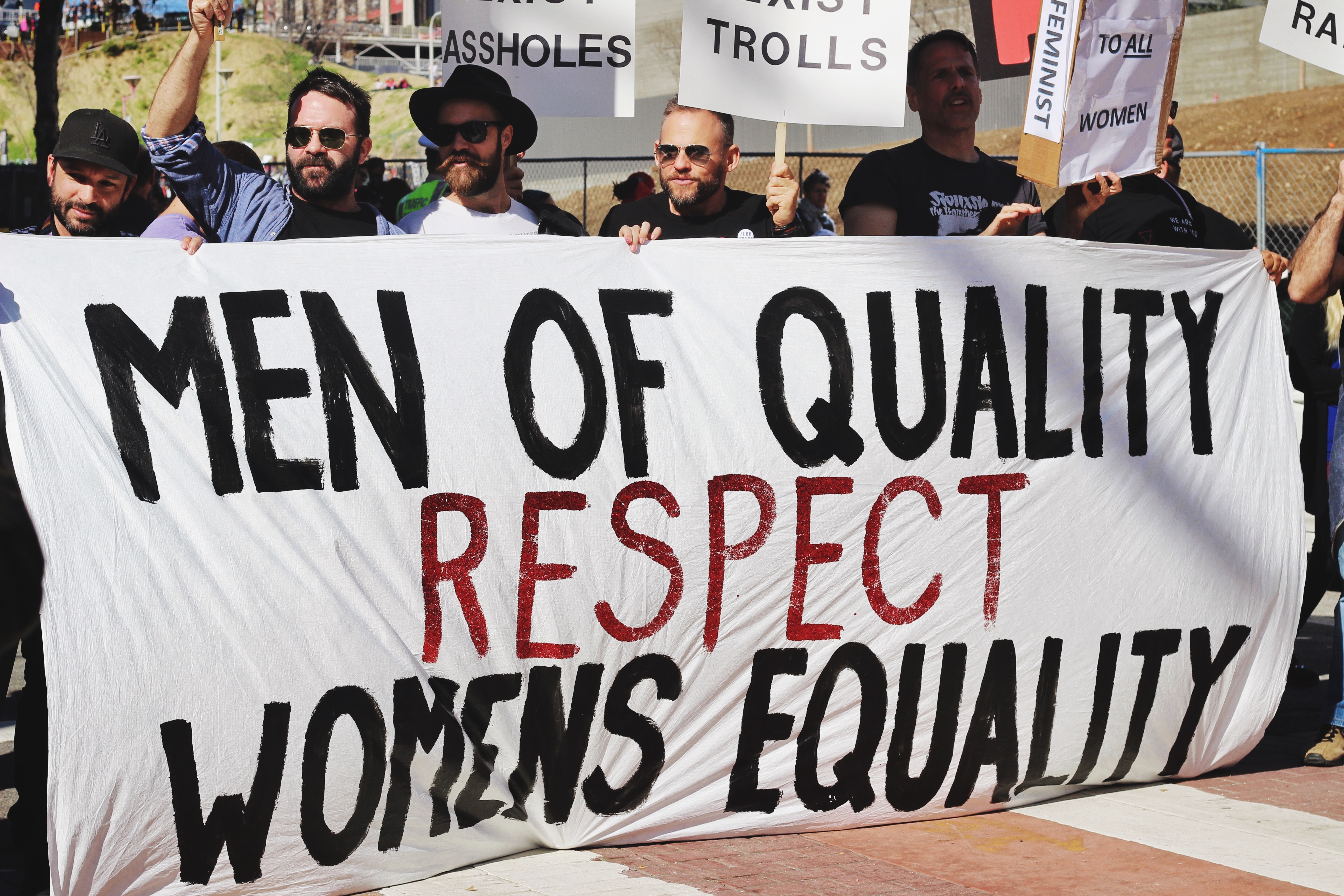
Knowing that society is sort of… stuck with men. And knowing that harm can’t be undone. And knowing that — whether it’s a valid excuse or not — many men didn’t feel like they had the level of wokeness at 18-25 that they wish they’d had…
What does the future look like? How do imperfect men become good allies? How do we help heal and move forward? Is it too soon for that at all? (Especially with plenty of gender discrimination still in place?)
Is now simply the time to bring bad deeds to the surface?
Dr. Casey Brienza: The first step to any repair project, whether it is fixing a leaky faucet or ending gender inequality, is to identify the problem. Or, in the case of the #MeToo movement, to admit that we even have a problem in the first place. Beyond that? Well, it’s a conversation. As a sociologist, however, I believe strongly that reducing the problem to the fault of individual bad actors is to miss the point: Gender inequality is a system that implicates everyone within it — you and me, men and women — and thus there is no one magic bullet to eliminate it.
I would expect pragmatic, evidence-based remedies, such as changing laws, workplace policies, and tougher enforcement, to become an important part of the solution in the months and years to come.
Elle Stanger, sex worker and sex educator: We are not stuck with men, we just need to raise them better. Men are people who started out as babies, and due to the presence of penis at birth, many of them were handed a lifetime of expectations and rules. It isn’t good for them or for the rest of us. My utopia is a genderless world where people are supported and loved based on their actions and contributions to society, regardless of their body parts.
When you see a child, treat them like a person, not like a blue or a pink. Let boys cry and teach them to love their bodies and hearts and souls, not just their penises and muscles. Little girls don’t need to be more polite than their male counterparts, and let’s teach everyone to cook and change tires. Can you imagine a world like that? The future is non-binary, and women can do their part to be gender inclusive in these ways too.
Sara Benincasa, author and comedian: Think of yourself as superhero sidekicks. Women are Batman; you’re Robin. Take our direction but don’t center yourself in our discussion. I’d listen. I might offer thoughts if asked. I’d be interested in solutions and better behavior. I’d want to help but I’d know I wasn’t the star of the show.
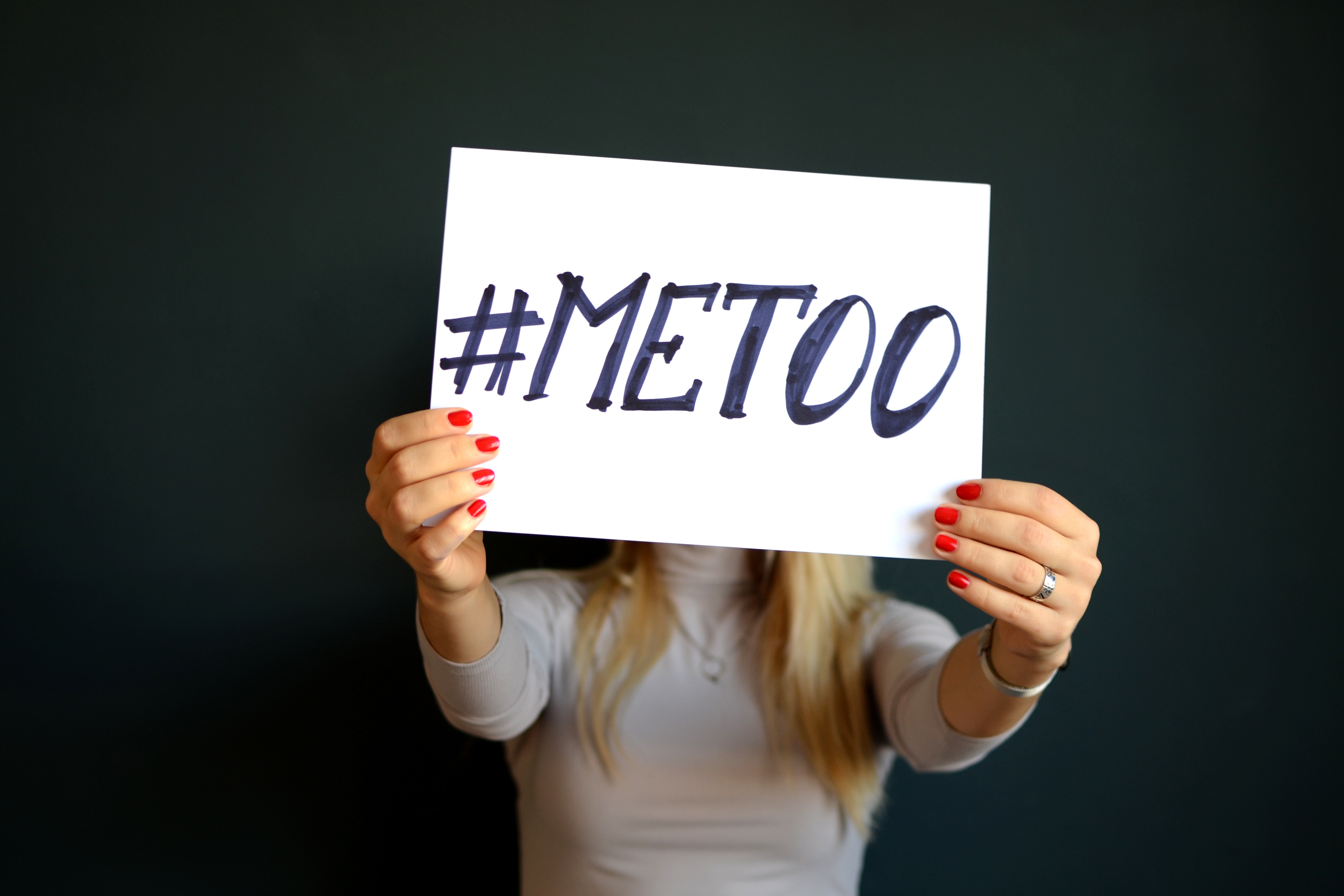
Describe your perfect male ally. Are they speaking up or amplifying female voices? Are they asking questions that they struggle with or staying quiet?
Cate Young, freelance writer and feminist pop culture critic: All of the above. The ideal male ally is not coming into feminist spaces but going back to the spaces he occupies and making them feminist. Read the scholarship women have produced instead of asking for a personal education. Share that scholarship with other men. Make your feminist politics known and create firm boundaries that make it clear that casual sexism, misogyny, transphobia, homophobia, and ableism won’t be tolerated. Make very space you are in a space that has space for marginalized people.
Dr. Chauntelle Tibbals: First and foremost, in my view, there is no such thing as a perfect or fully-formed/evolved anything, including ally. All human social behaviors are a process, including being an ally.
In making efforts to be a better ally though, a willingness to hear and learn is important. Obviously, not speaking for others – but finding ways to create or hold space to enable others to speak for themselves – is great… though this too speaks to wider systems of privilege. Consider why you may have the power (in any capacity) to create or hold space for others. Reflecting on this doesn’t mean you shouldn’t do it, but acknowledging the fact that you may have access to this possibility while others do not is important to keep in your mind.
Most importantly though, ask questions, seek information, and try.
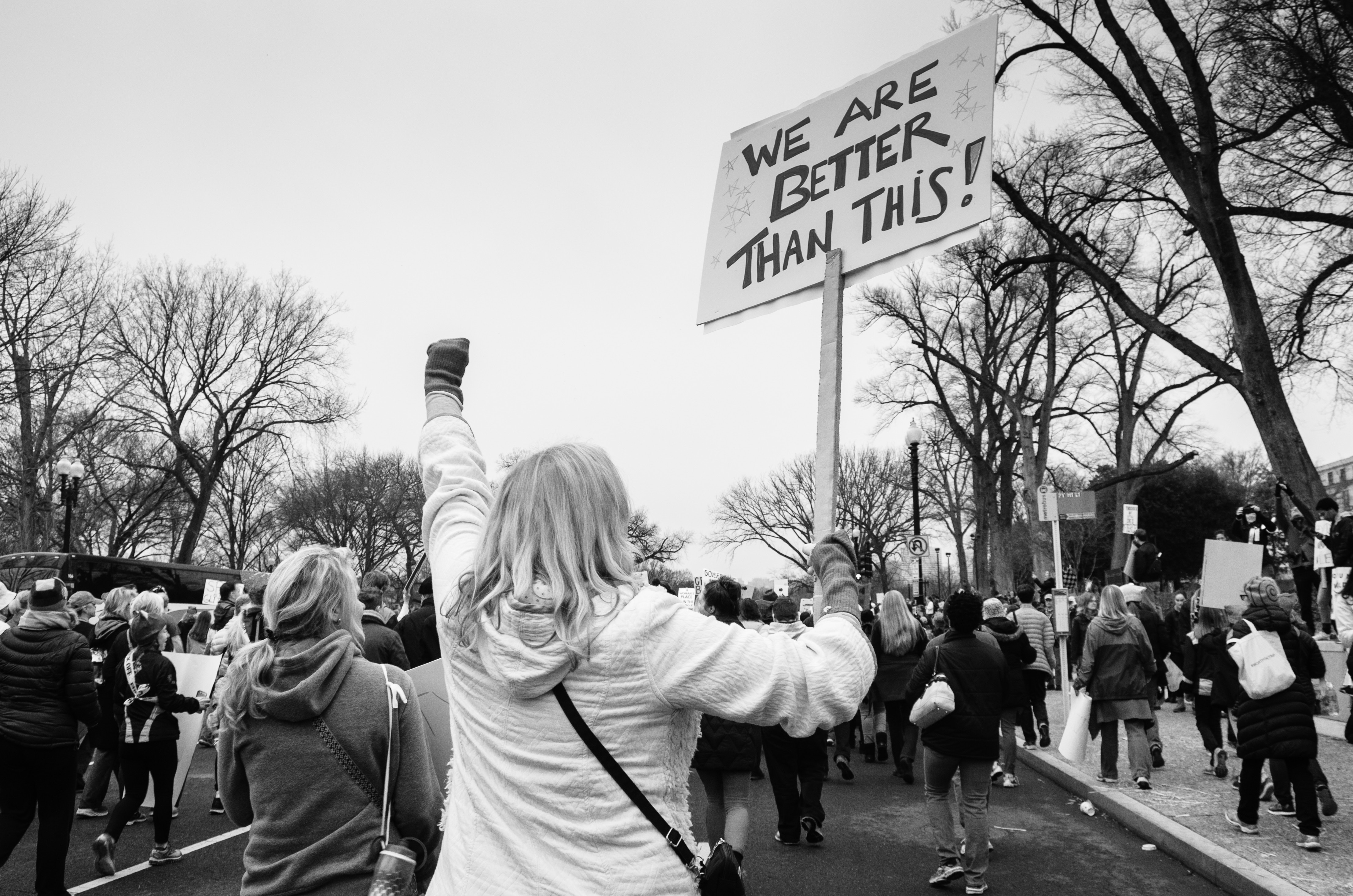
The Aziz Ansari situation was one that made some men reevaluate whether they truly understood #MeToo. Did his punishment (the humiliation on social media, the international news, etc.) fit the crime of not properly reading nonverbal communication?
How do you feel about that situation now?
Emily Morse, doctorate of human sexuality and host of Sex with Emily podcast: What was so unique about this situation is that it brought to light that things aren’t always black-and-white, and there are a lot of gray areas when it comes to consent. I think the importance of this situation is that both men and women could relate to being in an ambiguous “he said/she said” sexual encounter. So many of us have been in situations where our boundaries fluctuate when we consent to things because we want to be the pleaser or we take things too far because we’re not able to clearly read the signs from our partner.
Whether the punishment meets the crime is of least importance. The real significance of the Aziz situation is that it’s triggered a divide in perception, and most importantly a greater awareness that these ambiguous and murky encounters are a reality for many of us. Men and women both have a lot to learn from this scenario.
Elle Stanger: Why does this dynamic between men and women play out so often? I think it’s partly because many American adults do not raise children to be confident in their ability to talk about their bodies and their desires. The culmination of this leads to permissive attitudes toward men who victimize women in sexual situations.
We literally tell women to expect men to be predatory, but we don’t give them many suggestions on how to navigate that. As adults, men feel that their measure of success is to “get the girl,” and women aren’t raised to ask for their own sexual needs.
Until people feel more in control of their sexual health and their bodies, Aziz + Grace interactions will keep happening. Now that the dust has settled, I hope that “Grace” is okay, and I hope that Aziz is okay, because he and the rest of us would benefit from him aspiring to be a more sensitive person, and I’d love for him to ask us, “How can I be better?”
Sara Benincasa: I feel the same way now as I did when that story ran. When you’re on a date and the person is rude or doesn’t listen to what you want and you have the ability to leave without harm to your body, your career, or your important personal relationships, you leave.
Abuse is a spectrum. You don’t have to be a Cosby or Weinstein level of monster to deserve consequences. But nowhere in that article did I see anything related to Aziz threatening this girl, telling her she couldn’t leave, making it seem like she shouldn’t by intimidating her with glances or body language (again, nonverbal communication.)
This wasn’t victim advocacy. This wasn’t a well-researched, well-reported tale with multiple sources. This wasn’t Ronan Farrow or Jodi Kantor and Megan Twohey breaking Weinstein stories. This wasn’t the New York magazine cover story with many of Cosby’s victims. This was a hit piece. The website ran it for attention, which they got.
This kind of thing gives plenty of fodder to folks who seek to demean and undermine an entire movement of women standing up for themselves and for others and talking about real harassment, abuse and injustice.
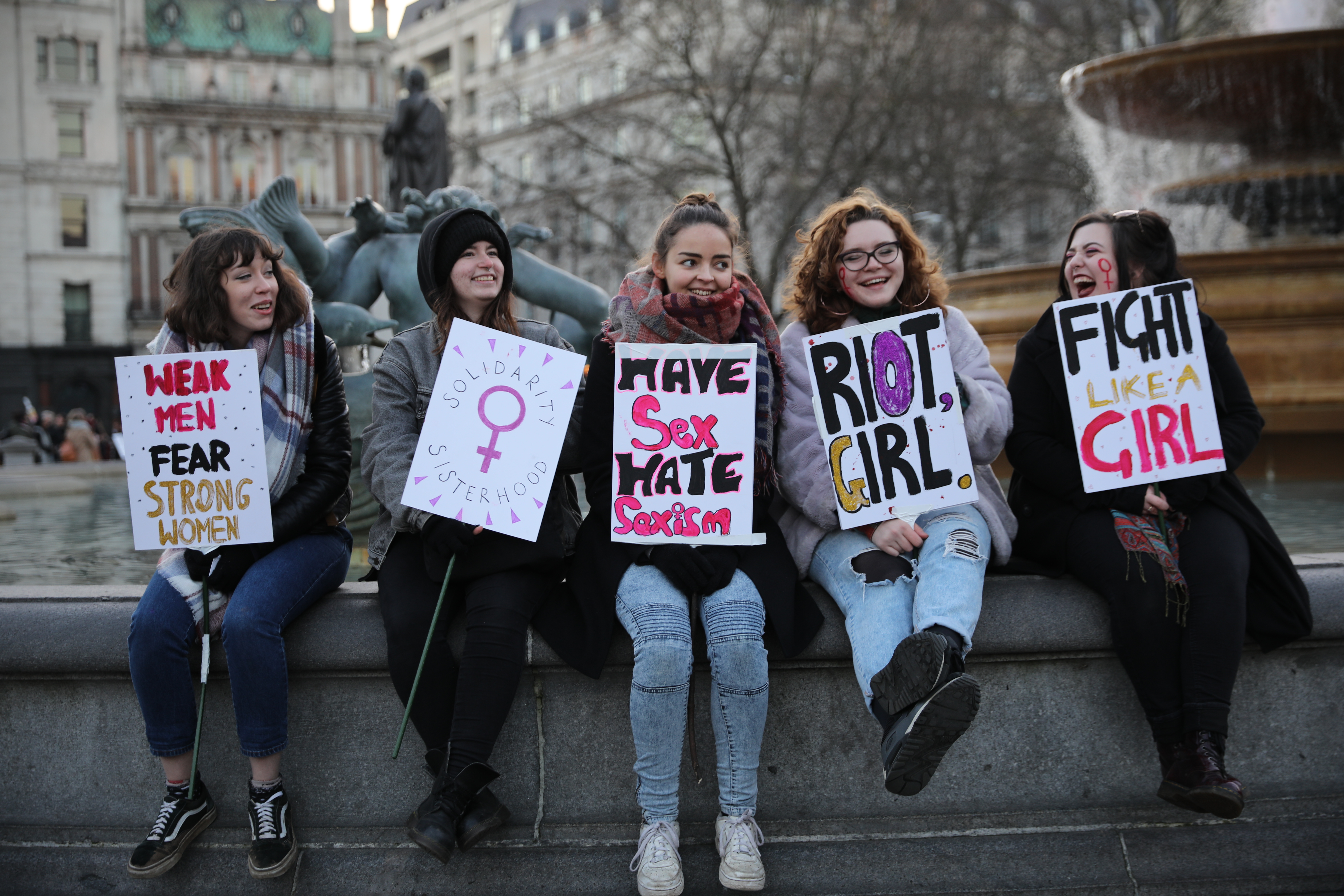
Power is inherently sexy — how do people who have a degree of power also have sex (with non-subordinates), and still do it ethically?
Dr. Casey Brienza: On the uses and abuses of power in general, I like to ask this one simple question: What is that power being used for? Are you using it to help people in need, to empower those around you, to make the world around you a better place? Or are you using it to fuel your own ego, to settle scores, to take by force what wouldn’t otherwise be given freely? I would hope that you can tell the difference between use and abuse and not lie to yourself that might somehow make it right.
Dr. Chauntelle Tibbals: I would say, as long as consent is present, then having ethical sex is a pretty universal process. I think where people run into issues here is when talking about consent. Consent includes expectations related to meaning, which ties into the issue of interpersonal communication. As long consent is established in a scenario such that all the cards are on the table (so to speak), then ethical sex is ethical sex.
Sara Benincasa: You have a conversation and set some ground rules. The BDSM community has been doing this successfully for quite some time and they’ve got plenty of info and materials available to help you figure this one out.
May you enjoy the research — I suspect you’re going to have quite a bit of good consensual fun.
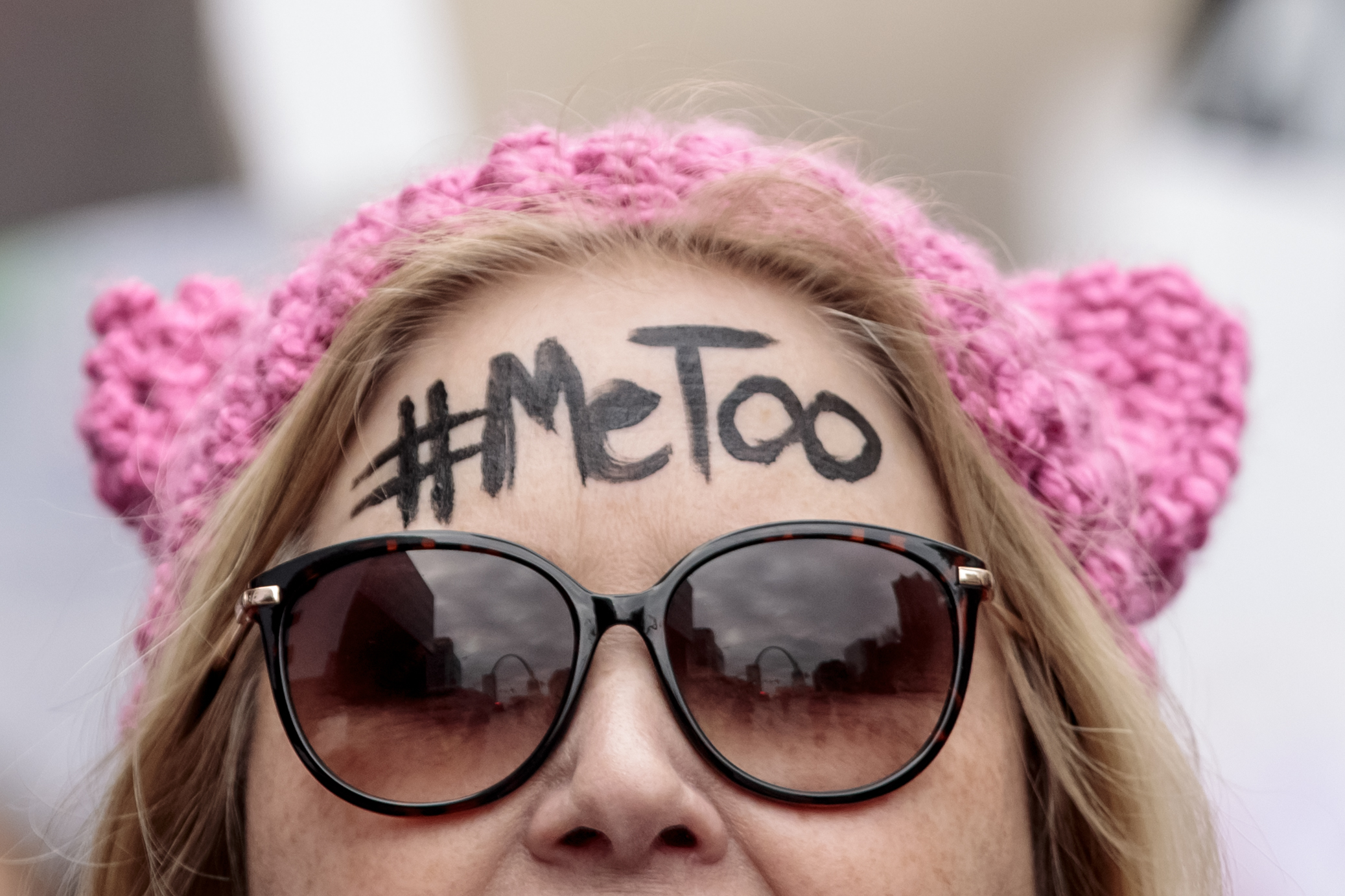
If I’m witnessing what I think is a dude hassling a woman, and I’m a dude, what’s a good point to step in? Should I confront said dude? Should I pull the “Oh, hi, X” routine?
Emily Morse: Three D’s of bystander intervention:
- Direct – Directly intervening, in the moment, to prevent a problem situation from happening. You can say something like “Excuse me, just wanted to make sure everything was okay over here.”
- Delegate – Seeking help from another individual, often someone who is authorized to represent others, such as a police officer, especially if the situation turns physical
- Distract – Interrupting the situation without directly confronting the offender. This could be the “Oh, hi, old friend” routine.
Cate Young: De-escalation is always best. I prefer the “You okay, Sis?” method created by feminist writer Feminista Jones. Rather than confront the aggressor, approach the victim and engage them in conversation. Being ignored usually breaks the focus of the aggressor.

I’m a man. I’m an assault survivor. I’m a false accusation survivor, as well. Every time a story pops up, my head spins, as I’ve literally seen it from so many angles. Am I validated at all, in that aspect, to not want to jump to conclusions when these things happen?
Dr. Casey Brienza: I think it’s fair of you to reserve judgment, given your experiences. Unfortunately, most survivors of sexual assault never come forward because, if they do, they will be put under the microscope as much — if not more than — the accused. If their case goes to trial, they get to relive a traumatic experience in the courtroom, and it’s very difficult to win a conviction. So, on the balance, while it is fair to reserve judgment, and to consider each case on its own merits, I don’t think it good practice to start from the premise that an accuser may well be acting in bad faith.
Cate Young: Trust and verify. Men love to bring up the looming specter of false rape accusations in response to conversations about sexual assault, but they forget two things: firstly, they forget that something need not be criminal to be harmful. If a woman says she did not consent to sexual activity or did not want to engage in it, it does not necessarily mean a man physically forced her. Rather, it often means she did not feel safe withdrawing consent. Secondly, they forget that the best way to disprove a false report of a crime is an investigation.
Elle Stanger: I want to say unironically, “Me too, dude.” I’m an assault survivor, and I’m a false accusation survivor, as well. It was a very triggering and confusing state to be in. People look at you funny, people stop talking to you, you’ll see horrible things being said about you online; it’s basically like being sexually assaulted all over again. The #MeToo movement was important, but unfortunately, it brought up PTSD in so many people that it left some of us with the most to say unable to participate.
Talk about emotional labor! I give you total and absolute permission to have a reticence to participate in discussion or action when any allegations are made, and in some cases, I take time off too.
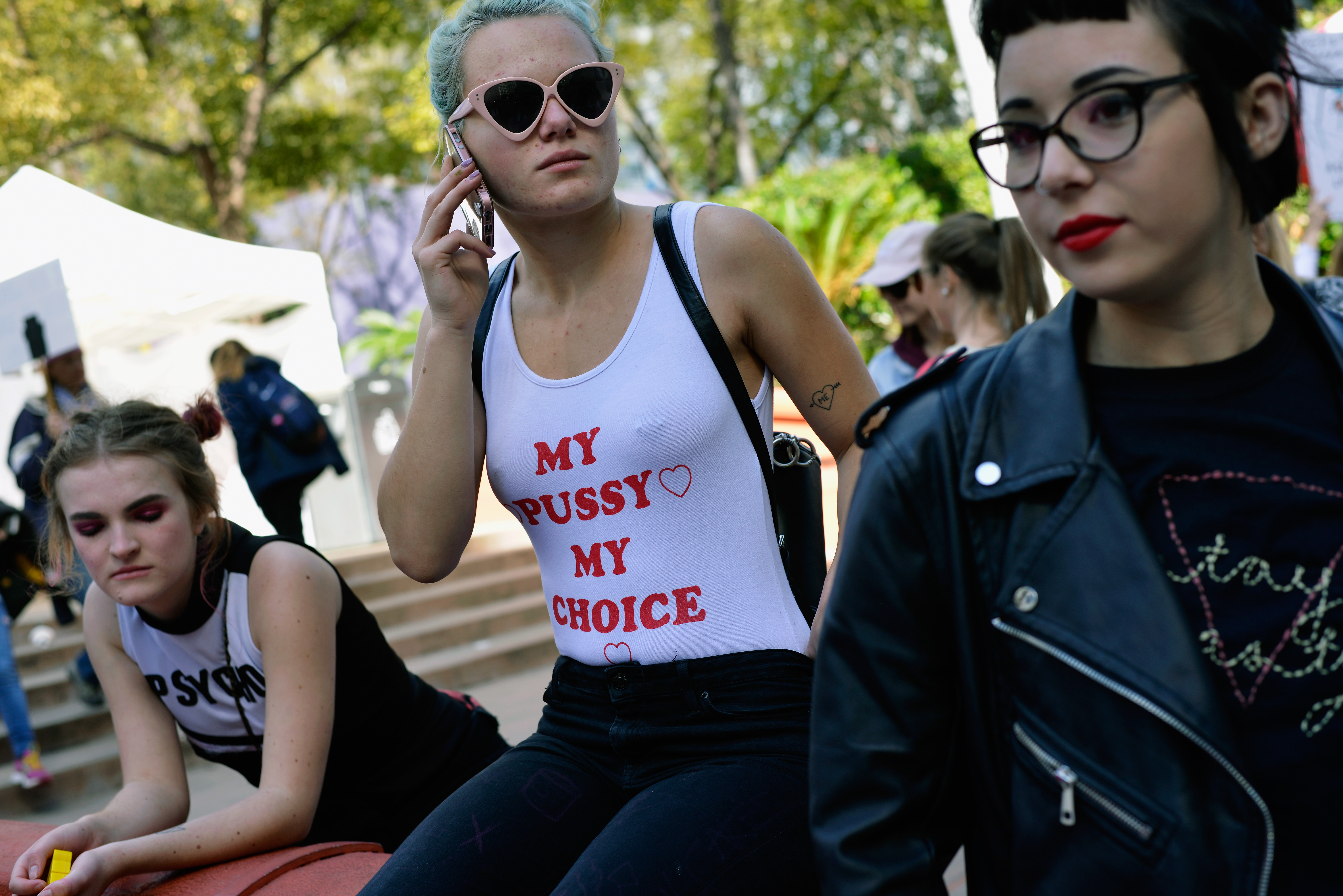
It seems like the word “alleged” is becoming offensive but… isn’t that a slippery slope? Doesn’t absolute faith in all accusations set the #MeToo movement up for a fall? I don’t know the right answer, and I DO believe women. But I worry that this moment could be co-opted by people with ulterior motives.
Emily Morse: Nothing can ever be 100% and yes, there may be women out there with ulterior motives. However, research shows that false accusers follow a pattern (one we haven’t been seeing with the #MeToo allegations), are largely uncommon, and rarely cause criminal charges or convictions.
False accusations shouldn’t derail an entire movement – it’s about more than each individual case, but about the greater message that this movement is serving. The thing that upsets me is that people look for these false accusations to discredit a real issue to prove that it’s all fake when that is absolutely not the case – usually from people who are angry that this movement started at all. You can’t go into anything with absolute faith because that would just naive, but you can’t invalidate and discredit the victims coming forward, either. Their pain is real and they deserve a voice.
Cate Young: Trust and verify. The problem isn’t in corroborating stories and asking for evidence from an accuser, it’s in beginning that process by operating from the assumption that the accuser must be lying.
Instead of trying to figure out the truth, law enforcement often focusses on trying to prove the allegation is false. It necessarily taints any evidence gained or any conclusions drawn.
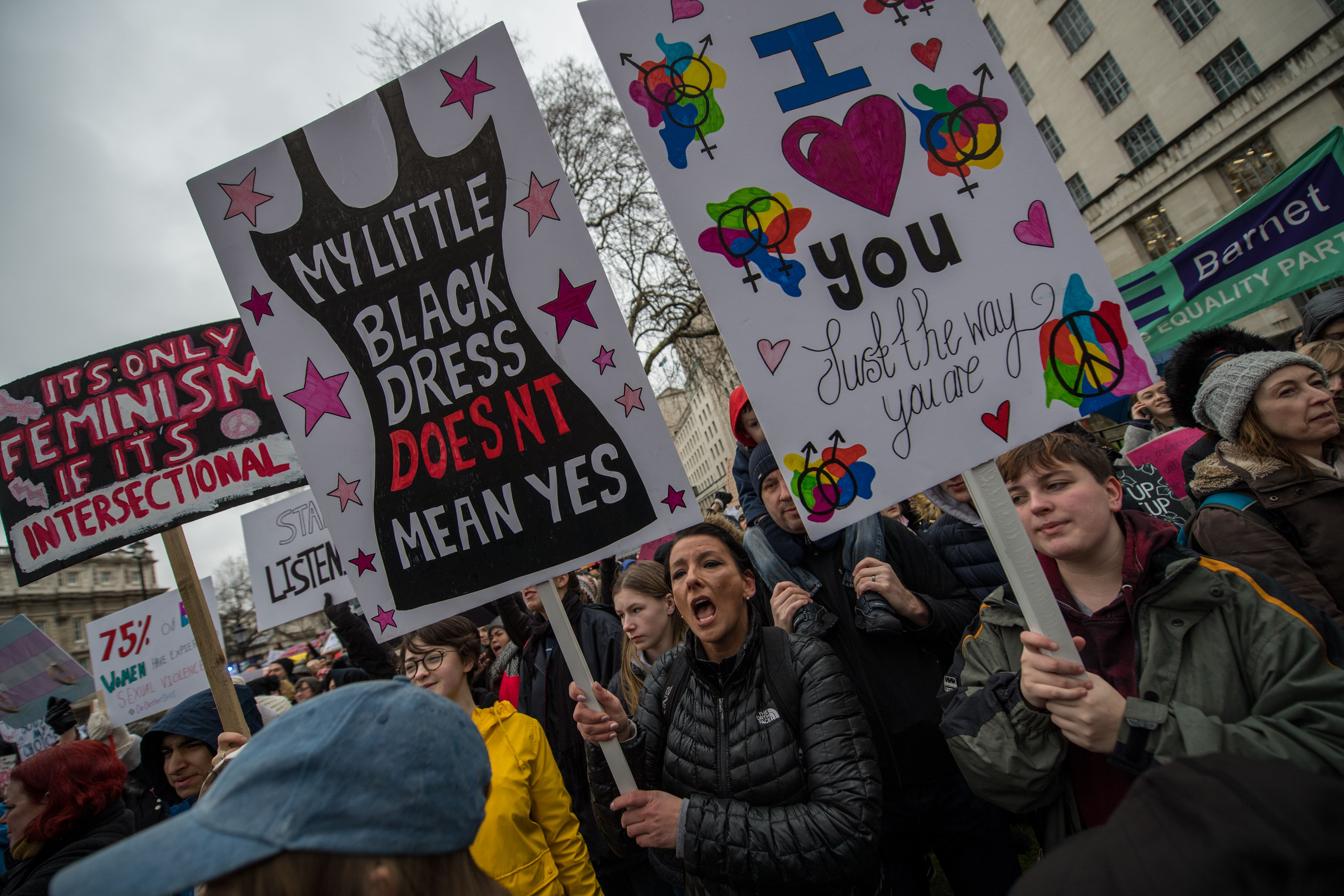
What is your current, up-to-date definition of harassment? Is that even something that can be done?
Dr. Casey Brienza: The definition of harassment depends upon the context: There are dictionary definitions, there are legal definitions, and there are workplace policy definitions, for example.
Are you asking if a definition is possible in the first place? The answer to that is—yes, of course. In fact, they are necessary. How else would you operationalize remedies for sexual harassment if you can’t first decide what “sexual harassment” even is?
Emily Morse: Harassment does cover a large range of actions, but it can mean different things to different people. For example, if a female co-worker overhears a dirty joke, she may feel offended, while another female coworker may have thought it was funny. Harassment can be nonphysical, such as suggestive remarks and gestures (i.e. catcalling), or requests for sexual favors. It can also be physical, which can include unwanted touches, hugs, kisses, and coerced sex acts.
Basically, if you have any doubt in your mind that something you want to say or do to someone else will be unwanted, don’t do it.
Sara Benincasa: Of course it can be defined. In fact, it’s been defined legally, because it is a crime. But here’s part of the Merriam-Webster definition: “to create an unpleasant or hostile situation for especially by uninvited and unwelcome verbal or physical conduct.” Seems about right to me.
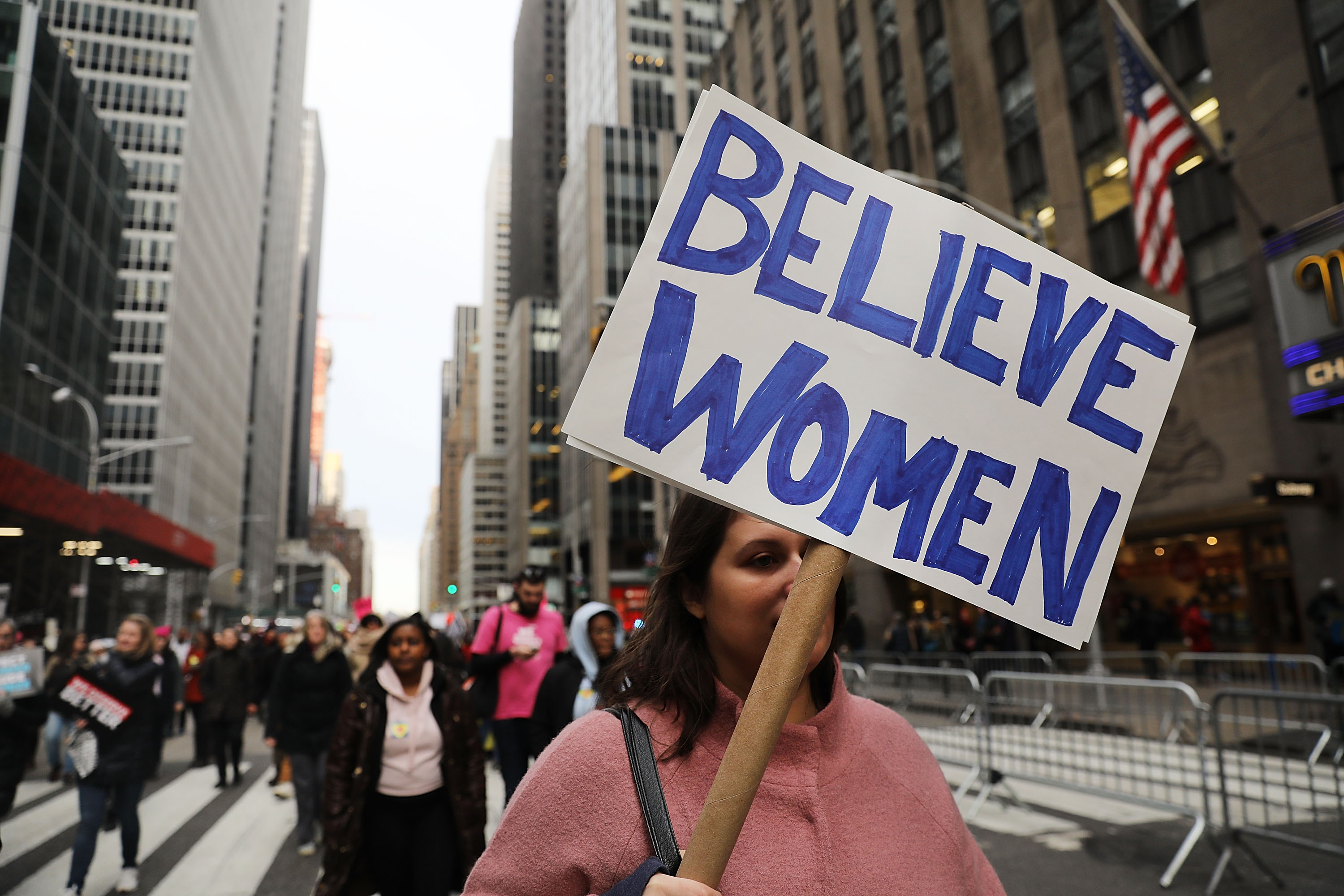
How do you establish culpability for a regrettable interaction where both parties were intoxicated?
Emily Morse: There doesn’t always have to be a blame game played in every situation. Both parties can recognize things they could have done better or differently and find a way to move forward and learn after having a “regrettable interaction.”
Cate Young: This may be unpopular, but my personal feeling is that it’s nearly always on men in heterosexual interactions. It’s simply the toll they must pay for holding the power in a patriarchy. This is one of the risks of the flawed and sexist system men have built, so men need to figure out how to work around it.






